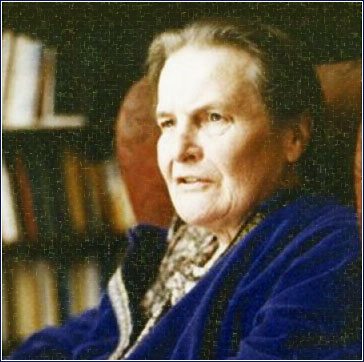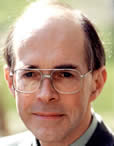Contraception and Chastity (Anscombe, 1972)
I will first ask you to contemplate a familiar point: the fantastic change that has come about in people’s situation in respect of having children because of the invention of efficient contraceptives. You see, what can’t be otherwise we accept; and so we accept death and its unhappiness. But possibility destroys mere acceptance. And so it is with the possibility of having intercourse and preventing conception. This power is now placed in a woman’s hands; she needn’t have children when she doesn’t want to and she can still have her man! This can make the former state of things look intolerable, so that one wonders why they were so pleased about weddings in former times and why the wedding day was supposed to be such a fine day for the bride.





